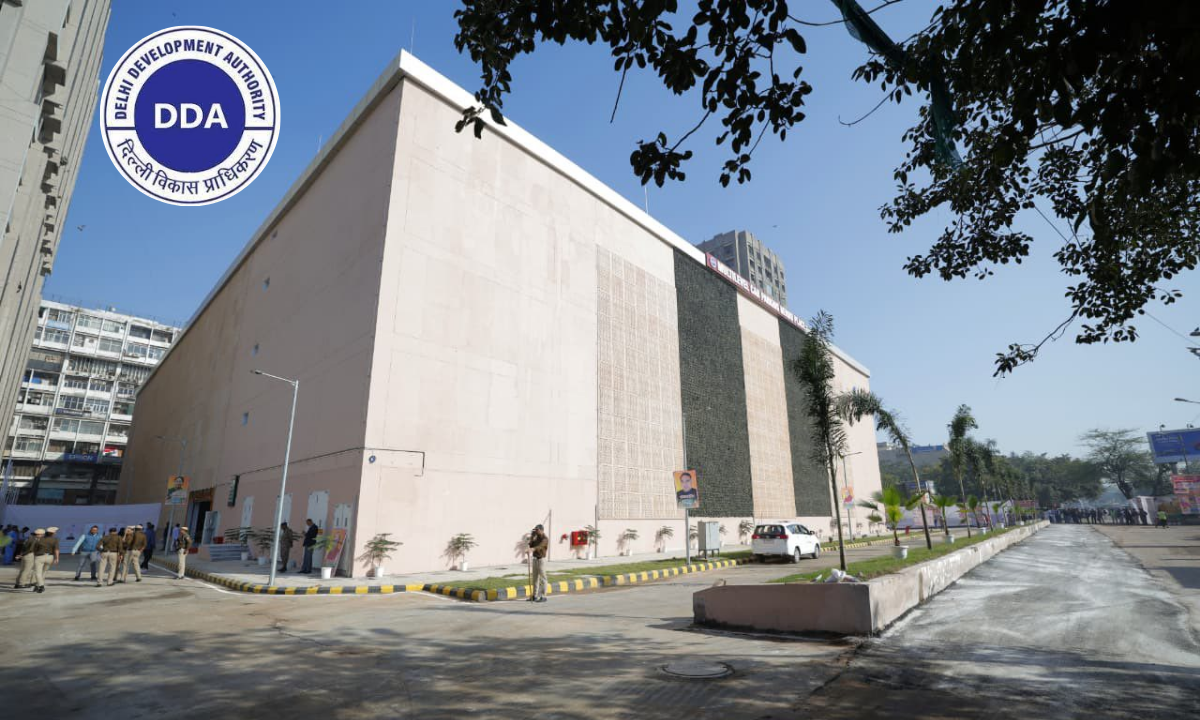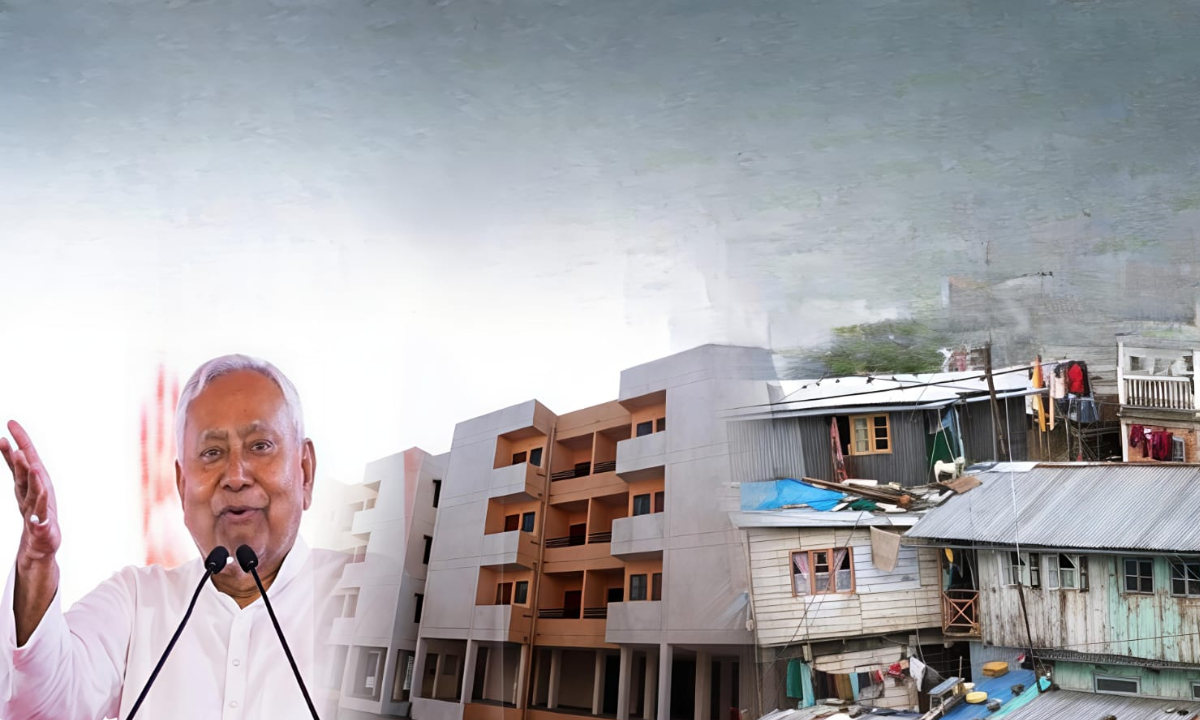The Punjab Cabinet officially approved the Land Pooling Policy, a framework aimed at facilitating urban development through voluntary land contributions. The meeting, chaired by Chief Minister Bhagwant Mann, concluded with an announcement from the state's Renewable Energy Minister Aman Arora, who emphasized that no land would be acquired forcibly under this policy.
Minister Arora addressed media following the cabinet meeting and responded to recent criticism from opposition parties. He stated that the new policy ensures landowners are provided with options, and that the policy’s design prohibits involuntary acquisition. According to him, landowners will have the flexibility to transfer land either to the state government or private developers, or to proceed with development on their own.
The policy is intended for implementation in 27 major cities across Punjab in its first phase. Officials suggest that the land pooling approach is aimed at achieving transparent, coordinated, and planned urban growth, particularly in rapidly developing areas. The state government claims this method avoids the drawbacks of earlier land acquisition models, where allegations of benefiting land mafias and private interests have been common.
Under the policy structure, for every one acre of land contributed, the landowner will receive a developed 1,000 square yard residential plot and a 200 square yard commercial plot. The plots will be returned to the landowner from the fully developed site. In the case of landowners providing nine acres for group housing projects, three acres will be returned to them in developed form. This indicates that roughly one-third of the pooled land is to be returned post-development, while the remaining portion is used for infrastructure and public amenities.
The government also clarified that the date of land contribution and subsequent development timelines would be communicated in detail to stakeholders. Regulatory bodies will oversee planning and execution to ensure that timelines and land use plans are followed as outlined.
Arora further commented on opposition claims that the government intended to acquire over 24,000 acres of land in Ludhiana for urban estate development. These allegations have been at the center of recent protests by some farmer organizations and political groups. In response, the state reiterated that all participation under the Land Pooling Policy is voluntary and no coercion would be applied to landowners.
The policy's approval marks a shift in approach to urban expansion in Punjab. Rather than relying on compulsory land acquisition, the government aims to partner with landowners through shared returns and benefits. Officials argue that this method reduces disputes, limits litigation, and accelerates the process of creating new urban infrastructure, including roads, housing, and commercial zones.
Experts in urban planning have indicated that the success of such policies depends on transparent implementation, fair land valuation, and timely delivery of promised developed plots. Monitoring mechanisms are expected to be outlined in follow-up government notifications to maintain accountability.
The policy will be administered through urban development authorities in each city, with specific guidelines to be issued to facilitate execution. Authorities will also engage with landowners through awareness sessions to explain the process, documentation required, and the distribution model for developed plots.
Image source- freepik.com









.png)